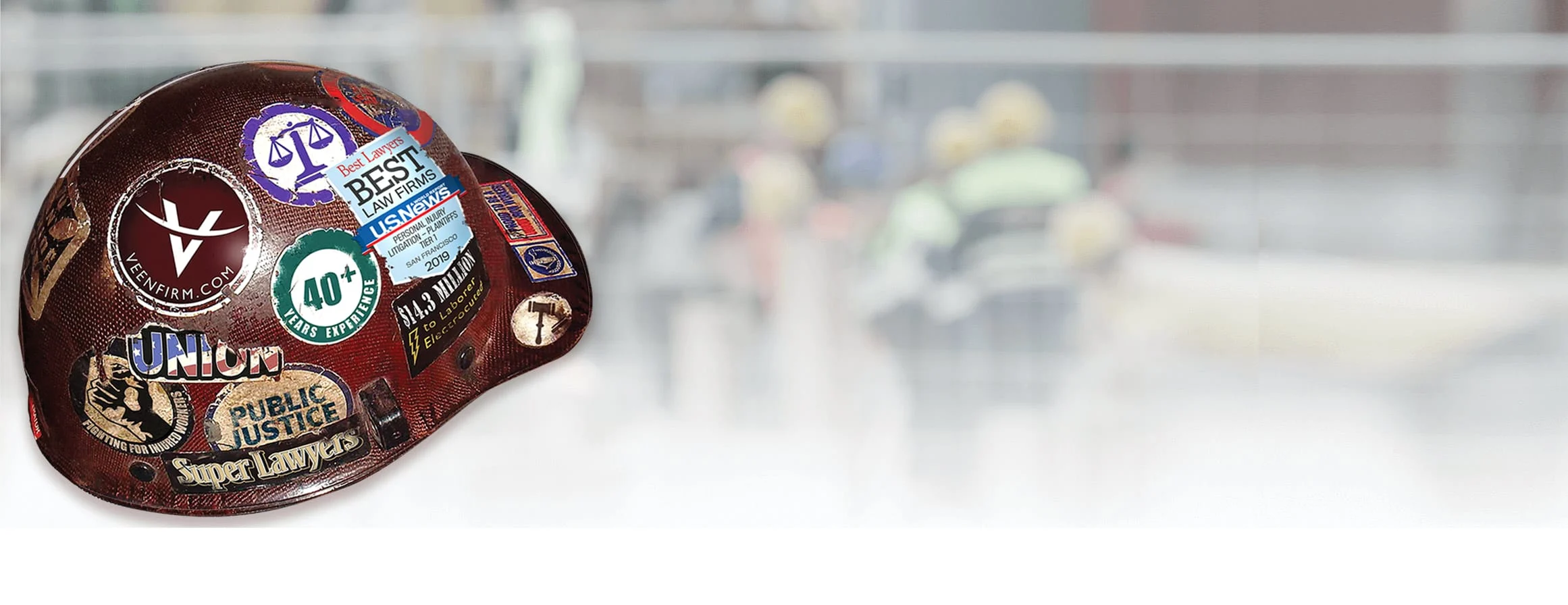Free Consultation
888-504-0157
On August 16, 2008 at approximately 1:45 a.m., plaintiff Lin-Chung, while working for EVA Air, was monitoring the pushback of a departing EVA Boeing 777. Lin-Chung was tasked with making sure that EVA’s planes were safe to depart. Lin-Chung saw that two of the Swissport USA, Inc. employees pushing back the Boeing 777 were having difficulties disconnecting the plane from the tow bar that links the pushback tug to the plane’s front landing gear. One of the Swissport employees (the headset operator) was trying to disconnect the tow bar from the plane by using the plane’s wheel chock in a pile driver type motion against the tow bar head. Lin-Chung was concerned that this act would damage the EVA aircraft landing gear. He therefore approached the scene.
Lin-Chung suggested to the Swissport employees that the tow bar was stuck because the connection between the plane and tug were misaligned. He recommended that Swissport straighten out the plane and tug. Swissport straightened out the plane and then attempted to disconnect the plane again by kicking the tow bar. In doing so, the Swissport headset operator neglected to first instruct the plane’s pilot to set the brakes. The Swissport employees also neglected to place the wheel chock in front of the wheel before attempting to disconnect.
Lin-Chung assisted the Swissport employees in disconnecting the tow bar by stepping on it with his full weight. The tow bar then fell to the ground, but because Swissport had not directed the pilot to set the plane’s brakes nor chocked the plane’s front wheel, the plane rolled forward onto Lin-Chung’s right leg. The front wheel of the Boeing 777 pinned Lin-Chung to the tarmac for approximately an hour before the plane could be pushed off him.
Lin-Chung is a Taiwanese citizen and was working in San Francisco in 2008 on a temporary basis. After his injury, he returned to his family and EVA’s home office in Taiwan. Lin-Chung continues to work for EVA Air in the same office position he held before his injury. As a Taiwanese citizen, his medical treatment is covered by the government healthcare system.
Plaintiffs contended that the two Swissport employees committed a string of negligent acts leading up to Lin-Chung’s injury including: (1) attempting to disconnect a misaligned plane and tow bar; (2) requiring Lin-Chung’s intervention by engaging in the dangerous act of using a wooden chock to disconnect the tow bar; (3) failing to set the plane’s brakes before attempting to disconnect the tow bar; and (4) failing to chock the landing gear wheels before attempting to disconnect the tow bar.
Lin-Chung claimed that the Swissport employees’ negligence was the sole cause of his leg amputation. He claimed past lost earnings, lost household services and non-economic damages. Lin-Chung also claimed a future life care plan based upon treatment in the San Francisco Bay Area because he preferred the prosthetic treatment in the United States over the care he received at home in Taiwan. Lin-Chung’s spouse, Miaoting, also claimed loss of consortium damages.
Swissport USA, Inc. and its employees contended that Lin-Chung was responsible for his own injuries by interrupting the work flow of the Swissport pushback crew which had been appropriately dealing with a jackknifed tow bar. Swissport contended that a Swissport supervisor was en route to the scene at the time that Lin-Chung intervened and Swissport would have safely resolved the situation had Lin-Chung not intervened and started giving Swissport employees directions. Swissport also argued that Lin-Chung was an EVA mechanic, had conducted the pushback of other Boeing 777s, was familiar with the pushback process and safety rules and should have known that the plane’s brakes were not set at the time that he attempted to disconnect the tow bar. Swissport argued that Lin-Chung’s own act of disconnecting the tow bar without first ensuring the plane’s brakes were set was the actual cause of his injuries. Swissport noted that an indicator light on the plane’s landing gear clearly indicated to Lin-Chung that the brakes were not set at the time he disconnected the tow bar.
Swissport agreed that Lin-Chung was catastrophically injured but contended that his economic damages were overstated. In particular, Swissport noted that Lin-Chung’s future medical treatment would be provided by Taiwan’s National Health Insurance at no cost to the plaintiff.
Lin-Chung’s right leg was de-gloved, crushed, and required above-the-knee amputation. Plaintiffs claimed $417,158 in past medical expenses, $69,060 in past lost earnings, $22,407 in past lost household services, and future life care in the amount of $2,278,861.
The parties settled before trial in the amount of $5,750,000.
